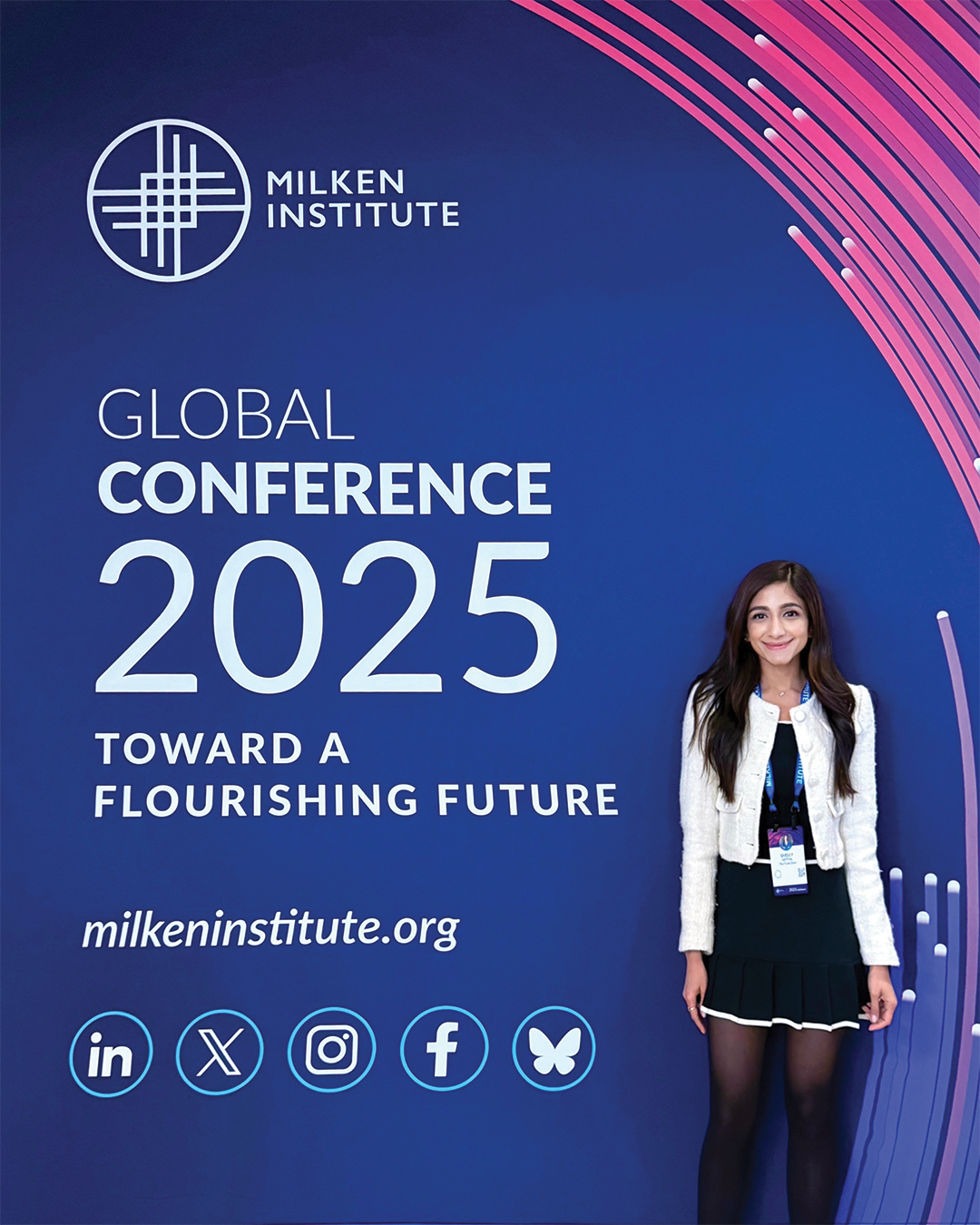Across from Ken Griffin
Sitting across from Ken Griffin of Citadel felt surreal. He is one of the most articulate leaders I have ever heard, and being in that room felt like being in the middle of a masterclass on clarity and conviction.
I have known people who worked at Citadel. The way they talk about it, you would think it is almost mythical. Harder to get into than Harvard. Known for the best pay on the Street. A place that attracts the brightest minds in the world. Hearing about it secondhand was impressive enough. But being face to face with Ken himself was another thing entirely.
It happened after he finished a CNBC interview with Sara Eisen. He walked by and stopped to compliment my royal blue jacket. I smiled and told him how much I admired his work. Then I remembered something small but personal. He grew up in Daytona Beach, not far from where my family had a beach house. I told him about mornings I spent there as a kid, and for a moment he was not just the head of Citadel but someone who knew the same salty air and ocean sunrise. He laughed, and the whole exchange felt unexpectedly warm.
Later I sat nearby as he spoke, and it struck me how effortlessly he carried ideas. There was a steadiness in how he explained things, never rushed, never vague, just completely present.
Reflections from His Panel
On Tariffs and Trade
He explained that tariffs are essentially regressive taxes. They raise costs for families and do little to actually bring jobs back. With manufacturing making up only four or five percent of the U.S. workforce, he argued, it is unrealistic to think tariffs will change that reality.
On Fiscal Policy
He talked about how fiscal stimulus and heavy regulation are weighing on institutions like hospitals. The challenge, he said, is finding balance between giving tax relief today and protecting long term fiscal health.
On Regulation
He acknowledged the good that has come from deregulation, especially in fueling innovation. But he reminded everyone that certain protections will always matter. Clean air. Safe food. Secure communities. Some things must be safeguarded.
On Innovation and Talent
He spoke about how the economy has shifted away from manufacturing and toward technology. That shift frees human potential for new opportunities. AI in particular has the power to raise productivity across industries, but only if we continue to attract and retain global talent.
On Education
He was candid about rising higher ed costs and the risk of losing focus on what really matters, which is transformation. He said elite schools need to come back to center. On K–12, he called for urgency in improving math proficiency, expanding school choice, holding teachers accountable, and closing the digital divide.
On Philanthropy and Human Capital
He pointed out the coming transfer of wealth—about $150 billion in philanthropic capital—that could reshape entire fields like cancer research, education, and public safety. But the theme that tied it all together was his belief in people. Markets matter, yes, but it is talent and human capital that make the lasting difference.
That day reminded me how remarkable life can feel when the right people and conversations line up. To share a small moment with someone like Ken Griffin, to watch him in conversation with Sara Eisen, and then to leave the room carrying not just notes but genuine inspiration—that is the kind of day I will not forget.
